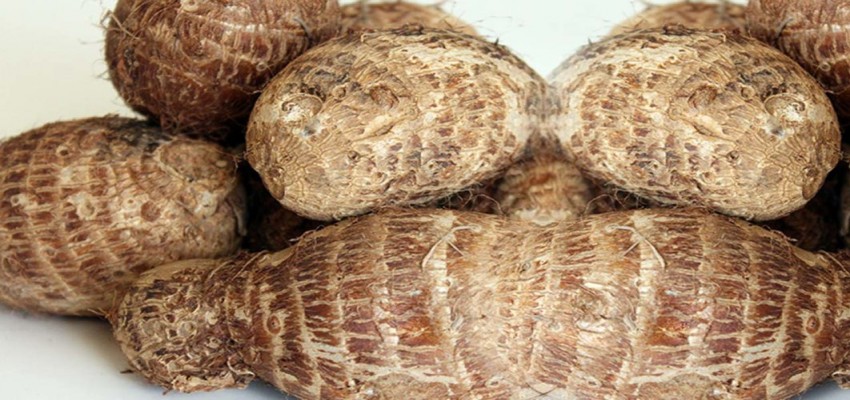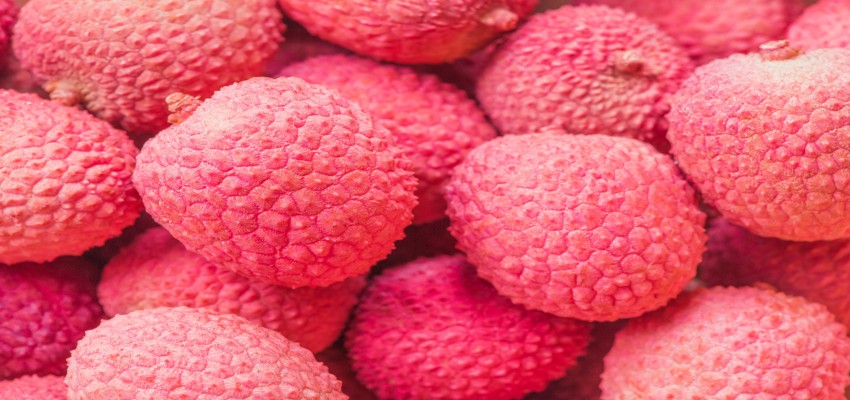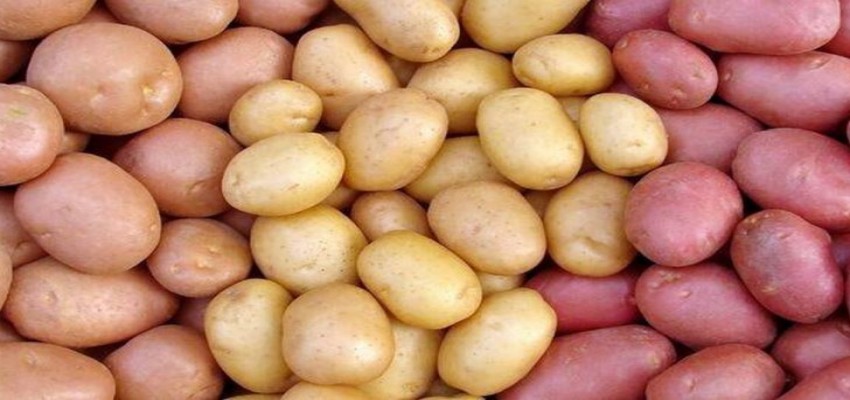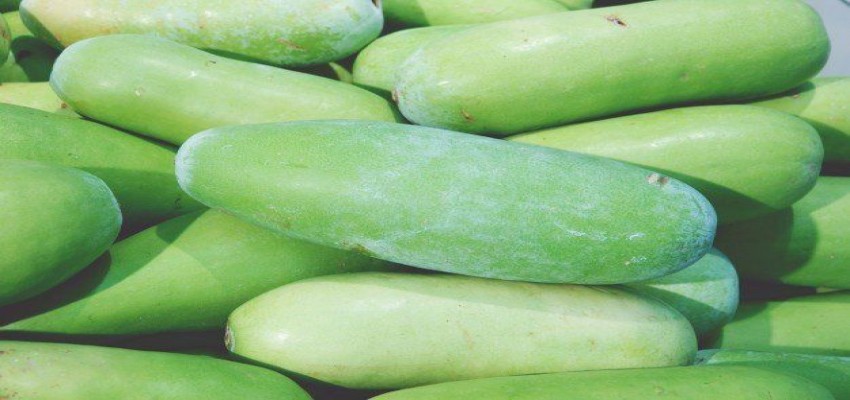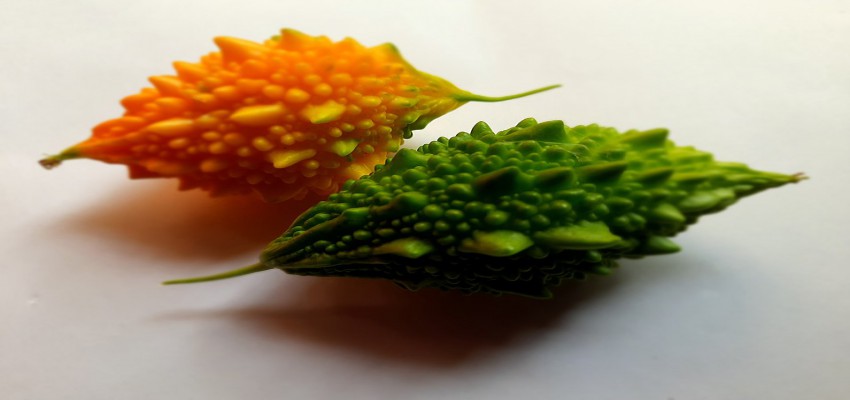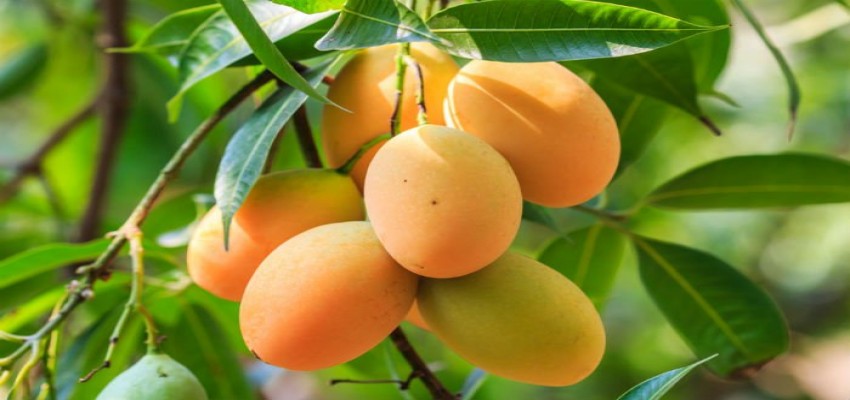
Who does not like eating mangoes or its various dishes, desserts and smoothies?
Mangoes belong to genus Mangifera which consists of about 30 species of tropical fruiting trees in the flowering plant family Anacardiaceae. According to ayurveda, varied medicinal properties are attributed to different parts of mango tree.
“Pharmacology, Anti-oxidant, Anti-diabetic, Antiviral activity, Anthelmintic and anti-allergenic activity, Antiparasitic activity, Antibone resorption, Anti-tumor-anti-HIV, Antispasmodic and antipyretic activity, Immunomodulatory, nti-diarrhoeal, Anti-inflammatory, Anti-bacterial and antifungal activity, Anti-microbial, Hepatoprotective, Gastroprotective”
-
Mango possesses antidiabetic, anti-oxidant, anti-viral, cardiotonic, hypotensive, anti-inflammatory properties. Various effects like antibacterial, anti fungal, anthelmintic, anti parasitic, anti tumor, anti HIV, antibone resorption, antispasmodic, antipyretic, antidiarrhoeal, antiallergic, immunomodulation, hypolipidemic, anti microbial, hepatoprotective, gastroprotective have also been studied.
Pharmacologically and medicinally important chemical such as mangiferin, being a polyphenolic antioxidant and a glucosyl xanthone, it has strong antioxidant, anti lipid peroxidation, immunomodulation, cardiotonic, hypotensive, wound healing, antidegenerative and antidiabetic activities.
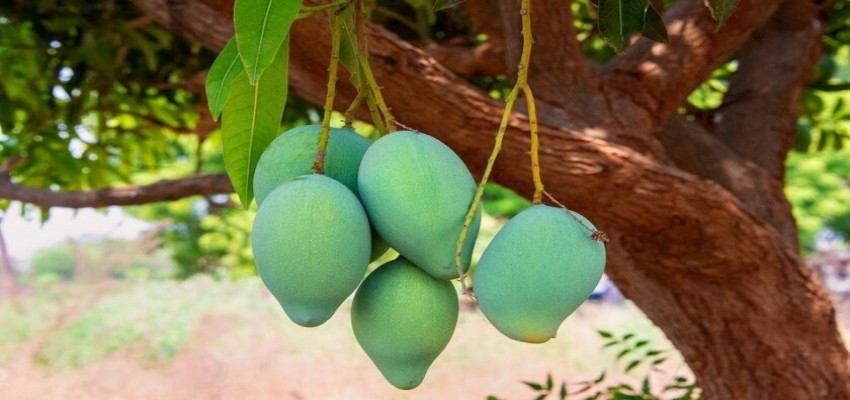
The antimicrobial activities of methanolic extracts of P. guajava and MI have been investigated. The results show that P. guajava and MI extracts exhibited antimicrobial activities at a concentration of 20 mg/ml. Overall, P. guajava extract show more antimicrobial activity than MI extract against tested organisms.
In a neonatal mouse model, mangiferin at 100 mg/kg has a similar inhibitory activity on Cryptosporidium parvum than the same dose (100 mg/kg) of an active drug, paromomycin.
Related Blogs
See our related blog.

